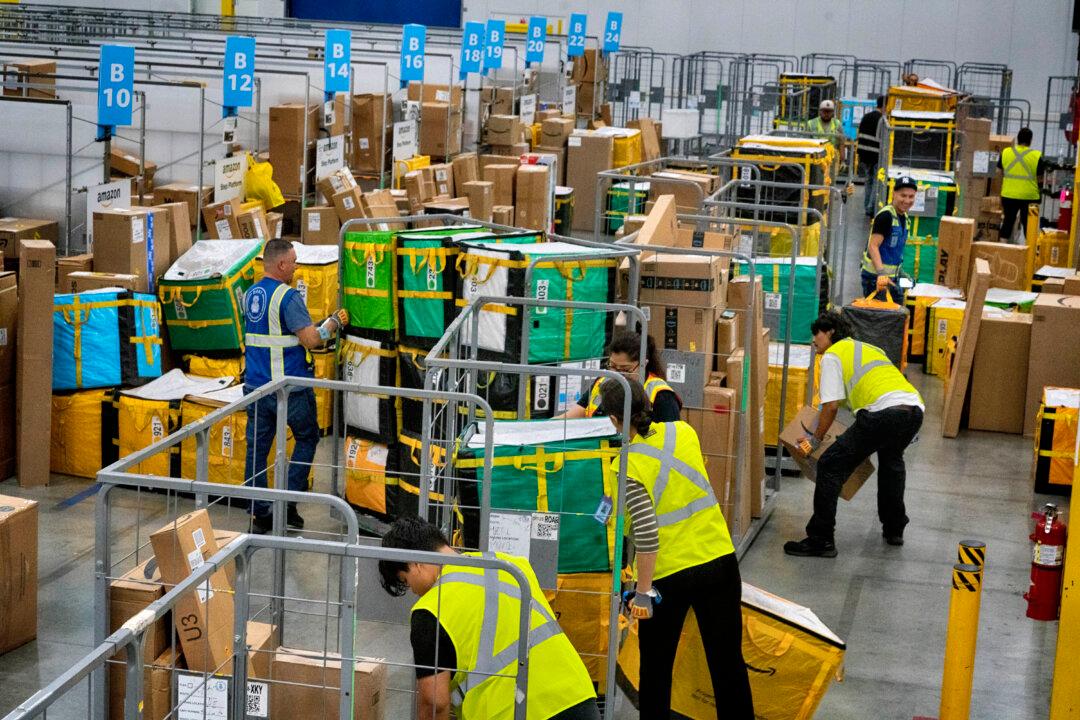Amazon is turning the tables on Chinese low-end competitors Shein and Temu. A couple of weeks ago, the e-commerce giant launched Amazon Haul, a low-cost online storefront that sells merchandise priced $20 or less, with most items under $10. Experts say they see good potential in Amazon’s new venture, but there’s no guarantee of success as the price war in low-end e-commerce intensifies.
“Amazon has always worked to provide customers with the widest possible selection, low prices, and a convenient shopping experience, and we offer more than 300 million products across more than 35 product categories,” Amazon’s new site states. “This wide selection is made possible by our selling partners worldwide who offer hundreds of millions of items in our store.”





